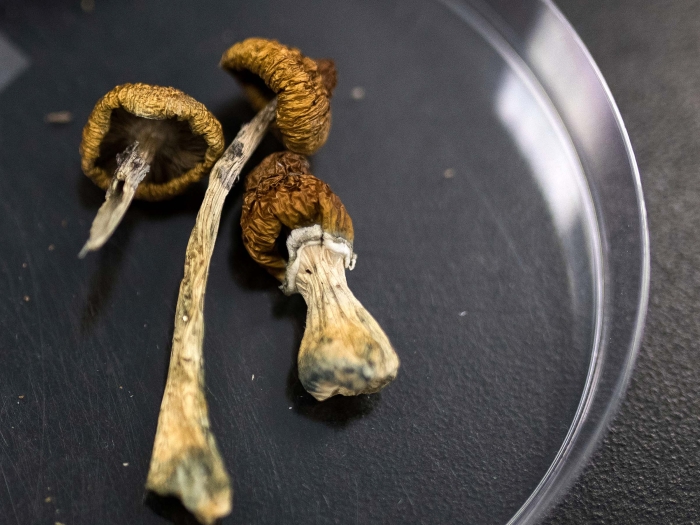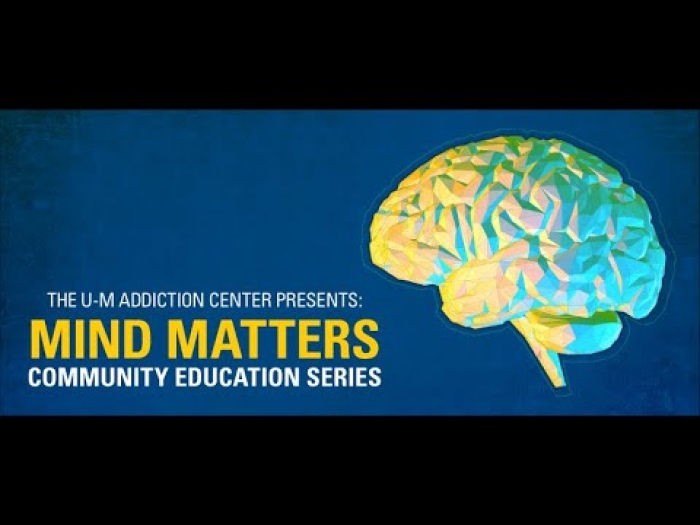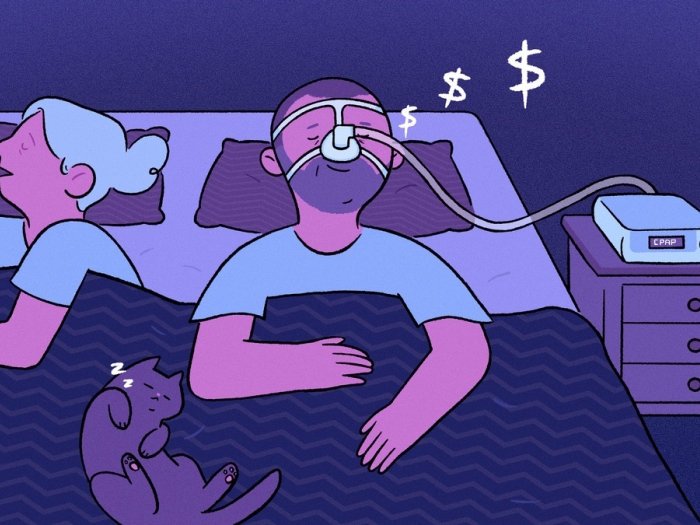Showing 1-15 of 167 results

Health Lab
Recent developments represent a dramatic change from long standing federal policy around these substances that has historically criminalized their use and blocked or delayed research efforts into their therapeutic potential.

The Fundamentals
Today on The Fundamentals, our guest Dr. Martin Myers, Director of the U-M Elizabeth Weiser Caswell Diabetes Institute, discusses diabetes research in the context of Ozempic, Wegovy, and other drugs that are changing how people think about weight loss.
You can learn more about Dr. Myers here, and you can follow the department of molecular and integrative physiology @UMPhysiology on X.

The Fundamentals
Today on The Fundamentals is Dr. Maria Castro, the R.C. Schneider collegiate professor of neurosurgery, and a professor of cell and developmental biology at the University of Michigan Medical School. Her research program aims to develop immunotherapies for primary and metastatic brain cancer, studying basic immune biology mechanisms leading to clinical implementation. She has been inducted into the American Association for the Advancement of Sciences, the Latin American Academy of Sciences, and the American Institute for Medical and Biological Engineering College of Fellows. She has won numerous awards for her contributions to basic science and cancer research and is a diversity ambassador for the Cancer Biology Graduate Training Program.
You can learn more about Dr. Castro here, and you can follow her @castro2355_mg, the Rogel Cancer Center @UMRogelCancer, the department of neurosurgery @umichneuro, Michigan Neurscience Institute @UM_MNI and the department of cell and developmental biology @UMCDB on X

Health Lab
Researchers improved memory and reduced neuroinflammation in a mouse model of Alzheimer’s Disease, suggesting another avenue for potential treatment.

Medical School News
Four faculty and two staff members from the departments of Anesthesiology, Neurology, Radiology and Surgery, and the Office of Graduate Medical Education (GME), are recipients of GME Awards for 2024

Health Lab
Among people with multiple sclerosis in the United States, more than half experienced at least one fall in a six-month period and approximately one-third of those falls resulted in an injury.

Health Lab
An expert from the University of Michigan Addiction Center shares the impacts of teen substance use and what families can do to help youth who may be at risk or showing signs of addiction.

Health Lab
A Michigan Medicine study finds that storing chemicals in a garage at home may associate with an increased risk of ALS.

Health Lab
Virtual program to promote smoking cessation among Medicaid enrolled expectant mothers

Health Lab
Perinatal mental health research shows more pregnant people and those who have recently given birth are getting diagnosed and treated for depression, anxiety and PTSD, but disparities remain.

Health Lab
A growing number of people living with Alzheimer’s disease and related dementias – especially those from diverse backgrounds – receive care from a network of individuals that increasingly includes nontraditional informal caregivers.

Health Lab
People in their 80s and 90s with cognitive abilities similar to much younger people, called super agers, are taking part in a national study of their brain health.
Research News
A team led by Vanessa Dalton, MD, MPH, and Kara Zivin, PhD, has received a $3 million grant from the National Institute of Mental Health to study the mental health impacts of recent changes in reproductive health policy.

Health Lab
New sleep medicine service aims to combat sleep disorders and help reduce poor health outcomes for people without health insurance.

Minding Memory
In this episode of Minding Memory, Matt & Donovan speak with Dr. Joanne Spetz, the Brenda and Jeffrey L. Kang Presidential Chair in Healthcare Finance and Director of the Philip R. Lee Institute for Health Policy Studies at the University of California, San Francisco (UCSF). Joanne talks with Matt & Donovan about who makes up the professional workforce of people who provide dementia care and how these individuals play a critical role in the delivery of services. Joanne also discusses how different professional roles interact across setting of care. Lastly, Joanne introduces a new study she is working on with Donovan called the National Dementia Workforce Study (NDWS) that will be surveying a large group of clinicians who provide care for people living with dementia.